A unanimous panel of the United States Court of Appeals for the Fourth Circuit on Monday denied Avail Vapor’s petition to have its marketing denial order (MDO) issued by the U.S. Food and Drug Administration for its e-liquid products invalidated.
Circuit Judge J. Harvie Wilkinson wrote Monday that Avail “encourages us to neglect the forest for the trees” by focusing on procedural objections rather than the FDA’s mandate to protect public health. Wilkinson was joined by Circuit Judges Diana Gribbon Motz and Albert Diaz.
The court rejected all of Avail’s arguments, including that the FDA’s review of its premarket tobacco product applications (PMTAs) was arbitrary and capricious, according to a copy of the ruling obtained by Vapor Voice.
“We see no merit in Avail’s remaining arguments that FDA acted arbitrarily and capriciously in reviewing petitioners’ PMTAs,” the decision states. “FDA could not allow young adults to perceive e-cigarettes as another Baby Ruth or Milky Way, only to find themselves in the grip of a surreptitious nicotine addiction. This was hardly arbitrary.”
Avail’s chief complaint is that the FDA arbitrarily imposed a new “comparative efficacy” standard, which asked applicants to demonstrate through certain long-term studies that their fruit and dessert-flavored products better promote smoking cessation than tobacco-flavored products.
This standard, Avail complains, was adopted with no explanation to applicants and without consideration of their reliance interests. Avail also raises a substantive objection, arguing that FDA’s imposition of this comparative efficacy standard exceeded its statutory authority under the TCA.
“First, Avail attempts to tie the hands of the FDA to certain forms of evidence and kinds of studies in what is a rapidly evolving field. Second, in focusing upon procedural points, Avail encourages us to neglect the forest for the trees,” the decision states. “Avail essentially argues that “the FDA’s willingness to consider some forms of evidence, explicitly phrased as such, required the FDA to accept that evidence as meeting a statutory requirement even where the FDA found the evidence unsatisfactory.”
According to the decision, Avail also filed its marketing plan with its PMTAs, which outlined measures designed to prevent underage use. Such measures consisted of naming its flavored e-liquids with “non-descriptive and non-characterizing names” that do not identify the product flavor to prevent appealing to youth.
“The agency denied Avail’s application for its flavored electronic cigarettes, chiefly on the grounds that its products posed a serious risk to youth without enough offsetting benefits to adults,” the decision states. “We now uphold that decision and deny Avail’s petition for review.”
The judge also specifically stated that he did not agree with the U.S. Court of Appeals for the Eleventh Circuit’s decision to stay the MDO issued by the FDA to Bidi Vapor. Persons with knowledge of the Avail suit said that it was a good case to petition for certiorari, a review of the lower court’s decision, to the United States Supreme Court.


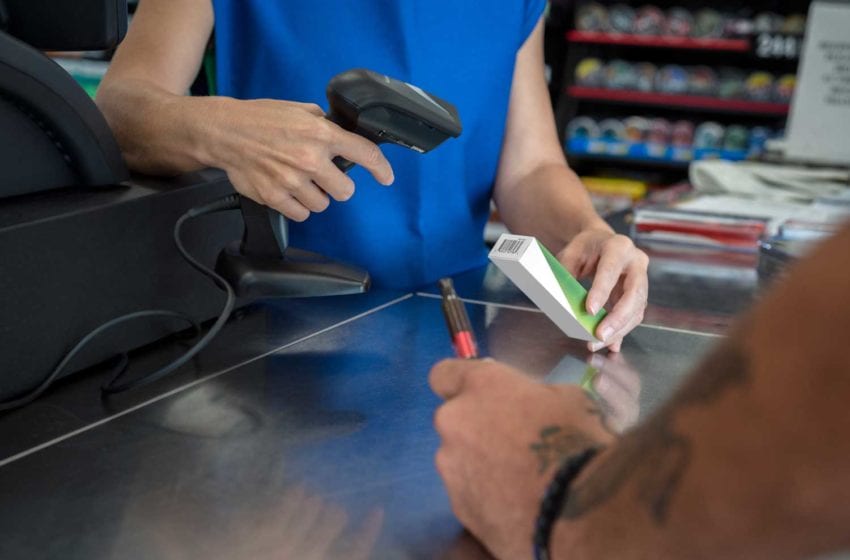

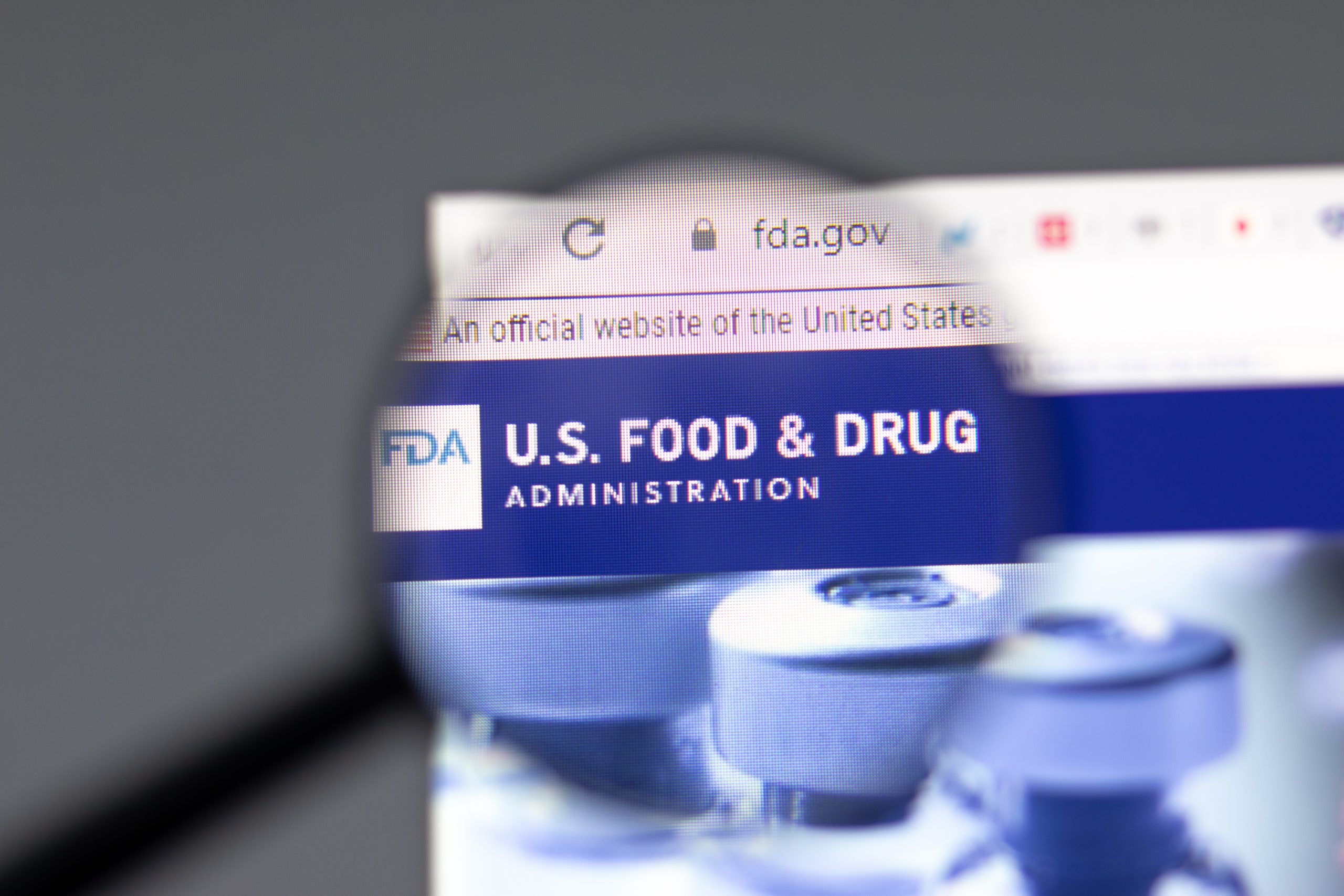






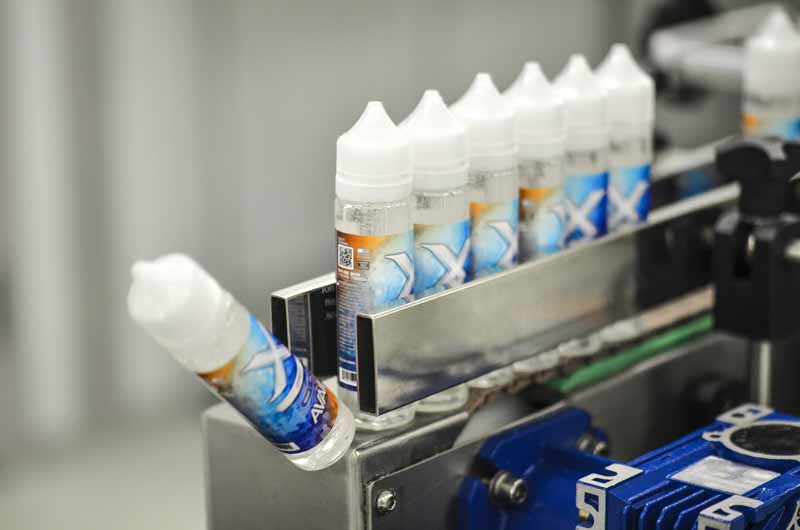






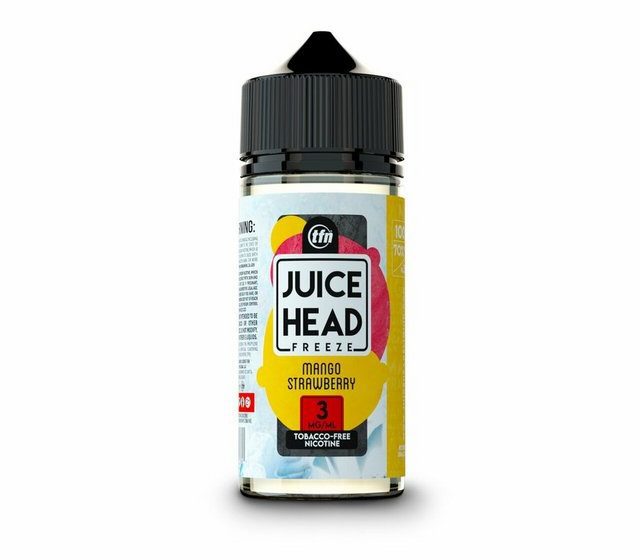
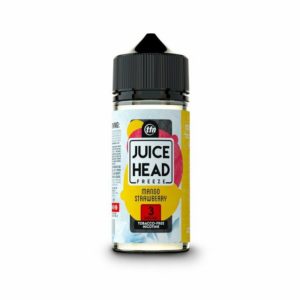 Streamline, parent to Juice Herad and several other e-liquid brands, announced that the U.S. Food and Drug Administration
Streamline, parent to Juice Herad and several other e-liquid brands, announced that the U.S. Food and Drug Administration